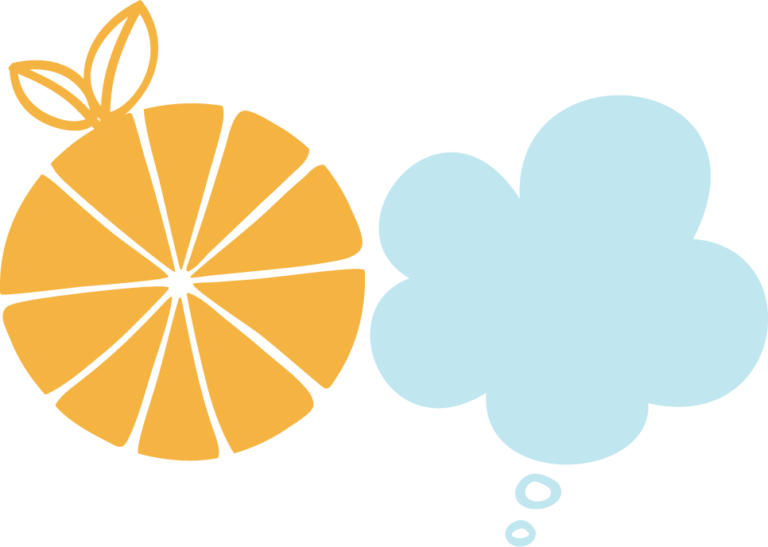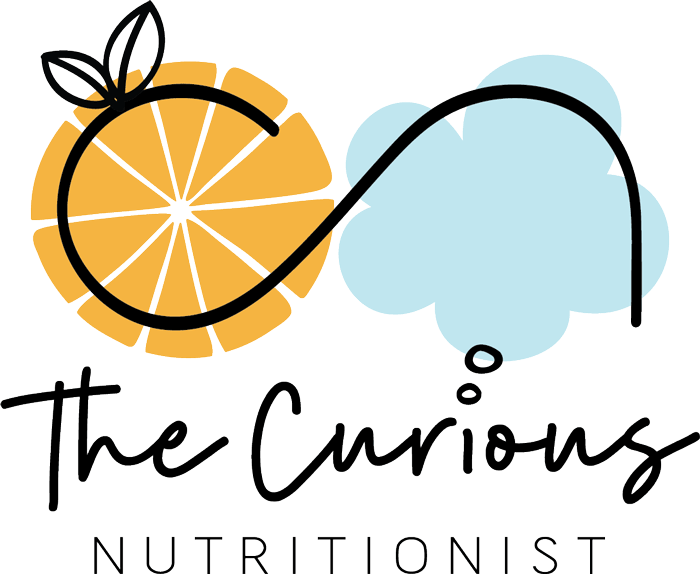My Food Education Philosophy
We’re all learners and teachers. This has been the core of my education philosophy since I started my teaching career over 20 years ago. My role as a teacher is to develop an expert learner, teaching children how to learn.
If you would like me to help you empower and transform the learning about food in your school community, please get in touch.

Curious learners are created by curious teachers
This is from where The Curious Nutritionist evolved. The essence of learning is being authentic to a learner-centred approach. My food education nurtures the needs of school communities and builds their capacity to understand that food relationships are central to learning about food. At the core of my food education programs is the community of learners: children, parents and teachers. My role is to further evoke your curiosity to food beyond the healthism messages from the wider world. My food education programs promote health in practical and interactive workshops that help cultivate fun food experiences and happy family meals.

Nurturing the food experience
I’m a compassionate feeding advocate. I deliberately steer clear of messages like healthy and unhealthy foods or food rules because it doesn’t set children up for eating success nor does it honour intuition when it comes to eating. ‘How’ children are exposed to food predicts their willingness to try and accept new foods. I recognise that children aren’t passive learners and that food exploration needs to occur well beyond the feeding experience. I believe in learning that includes sensory and play-based encounters as children and adults alike, learn with their body.

Redesigning food education
I design learning experiences and create opportunities to discover and investigate the connections between food, the environment and people. Food literacy and food skills are paramount across all cultures and communities. I believe in a methodology that is developmentally appropriate and constructed curiously with teachers and parents co-learning with children. Collaboration is the key to an effective pedagogy; involving members of a community to co-construct the learning about food through practical experiences, active inquiry, experimentation and critical thinking.

